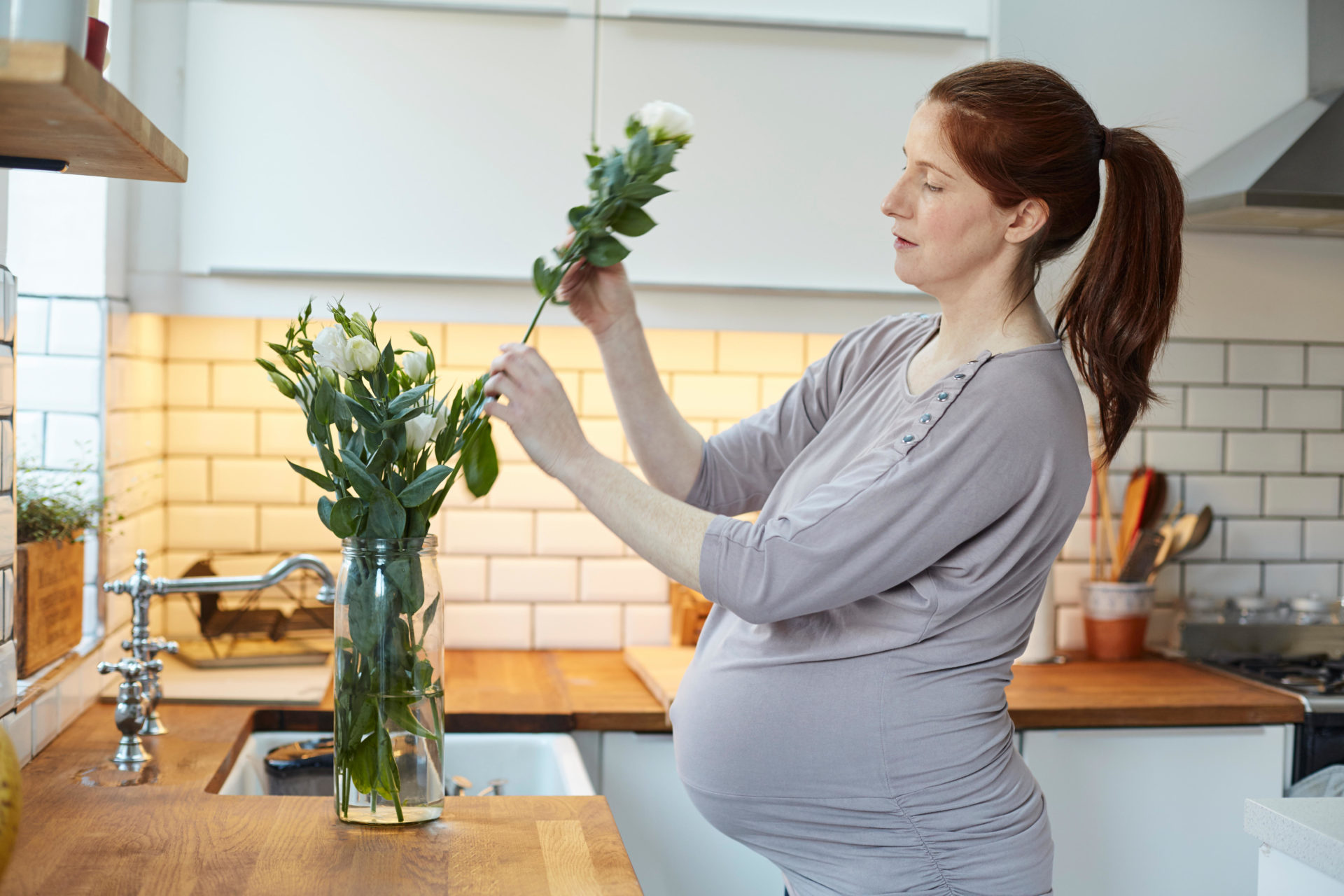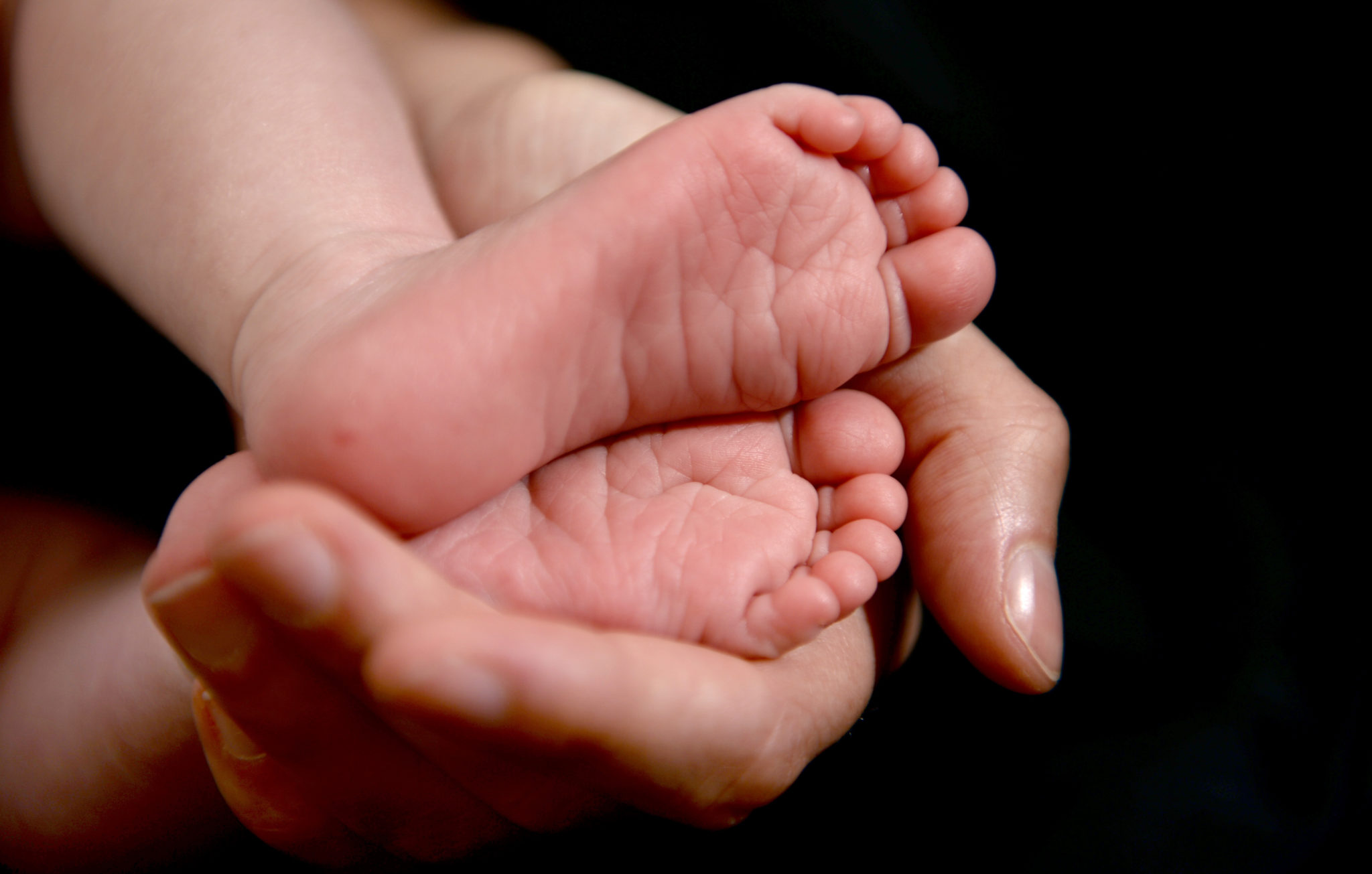On this week’s segment of The Clinic, one woman says she has been trying to conceive for seven months, but is yet to have any success.
Lunchtime Live’s new health advice series ‘The Clinic’ features GP and lecturer Dr Sumi Dunne answering all your health-related questions.
In this week’s episode, she discusses everything from high cholesterol to fertility and whether or not you should believe your fitness tracking watch.
She began with a question from one listener who said she had been trying for a child for seven months but hadn't had any success.
"Is there anything I should be doing in terms of tests that I should be taking?" she asked.
"I don't really understand how the ovulation test works."
 Woman talking to doctor (Westend61 GmbH / Alamy Stock Photo)
Woman talking to doctor (Westend61 GmbH / Alamy Stock Photo)Dr Dunne said this was a very "pragmatic" question.
"What will come into play will be the age of your listener," she said.
"If you have been trying to conceive over a six-month period with no due success, that's worth a conversation with us in general practice to make sure there isn't anything else that has been omitted.
"In the first instance – certainly if our patients are under the age of 35 – we will say, 'Look, try very simple things, try regular intercourse.'"
 A pregnant woman (Cultura Creative RF / Alamy Stock Photo)
A pregnant woman (Cultura Creative RF / Alamy Stock Photo)Dr Dunne said she would recommend the couple to have intercourse every 72 hours.
"A lot of people feel they need to have intercourse every day, but the way women's cycles can work is that ovulation can slightly vary in individuals from month to month, cycle to cycle," she said.
"Looking at intercourse every 72 hours is quite a good way of saying, I will hit an ovulatory phase without having to track it completely."
Dr Dunne also highlighted the need for a good diet and regular exercise, as well as folic acid intake.
"[Make] sure there are no other aspects around medication, stresses, lifestyle," she said.
"What's your period history like? Has it always been irregular? Has anything else come into play?"
 A mother cradles the feet of her new born baby in her hand. Image: Andrew Matthews/PA Archive/PA Images
A mother cradles the feet of her new born baby in her hand. Image: Andrew Matthews/PA Archive/PA ImagesDr Dunne said for some women who have come off forms of contraception, "it can take up to 18 months for the cycle to reregulate before somebody might fall pregnant".
"In other instances, when women come off contraception, they fall pregnant straight away," she said.
"An individualised approach – certainly over the six-month period if someone's been actively trying to conceive – that's the time to come into general practice and have that conversation."









